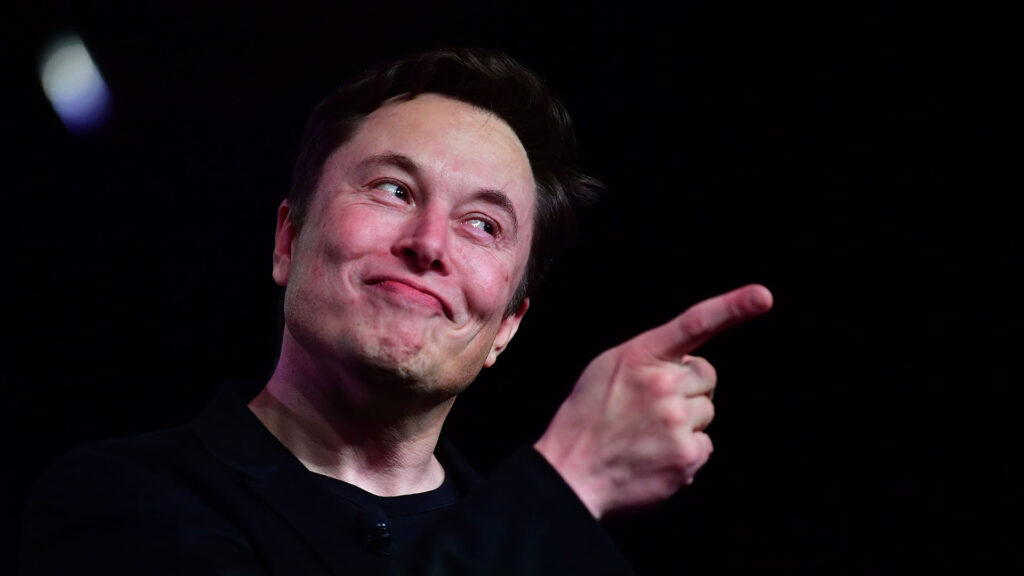
Newsletter Subscribe
Enter your email address below and subscribe to our newsletter

Enter your email address below and subscribe to our newsletter

Elon Musk's latest warning to Bill Gates regarding shorting Tesla comes with a bold prediction of a $30 trillion valuation.
In a characteristic display of bravado, Tesla CEO Elon Musk has issued a stark warning to Microsoft co-founder Bill Gates and other short sellers, predicting their financial demise if they continue to bet against the electric vehicle manufacturer.
Musk’s audacious claim stems from his vision of Tesla’s evolution into an AI powerhouse, potentially reaching a staggering $30 trillion valuation.
The tension between these tech titans came to light in 2022 when leaked messages revealed Musk’s refusal to support Gates’ philanthropic efforts due to the latter’s significant short position against Tesla. Gates has since expressed regret over his bearish stance, though his current position remains unclear.
Despite Tesla’s recent struggles, including a 6.6% decline in vehicle sales in the first half of 2023 and the company’s position as the worst-performing stock in the S&P 500, Musk remains undeterred. His confidence appears to stem from Tesla’s potential pivot towards autonomous technology and robotics.
Musk’s valuation projection hinges on two key developments:
He envisions a future where Tesla could control 10% of a global market demanding 1 billion robots annually, each selling for $20,000 with a 50% profit margin.
An additional $5 trillion in value is attributed to Tesla’s potential robo-taxi fleet, supplementing the core robotics business.
While Musk’s projections are ambitious, they face scrutiny from industry experts and investors:
Despite skepticism, Tesla has shown resilience:
Tesla’s current market cap of $740 billion and its price-to-earnings ratio of 70 times next year’s earnings reflect high growth expectations. However, the company faces challenges:
Musk’s bold predictions and Tesla’s potential pivot into AI and robotics present a complex landscape for investors. While the company’s track record of innovation lends credibility to its ambitious goals, the scale of Musk’s projections invites skepticism.
As Tesla continues its transformation, the market will closely watch for concrete progress in autonomous technology and robotics. The outcome of this ambitious strategy could reshape not only Tesla’s future but potentially the entire automotive and technology sectors.
For now, Musk’s warning to short sellers serves as a reminder of his unwavering confidence in Tesla’s trajectory, even as the company navigates through immediate challenges and an increasingly competitive market landscape.